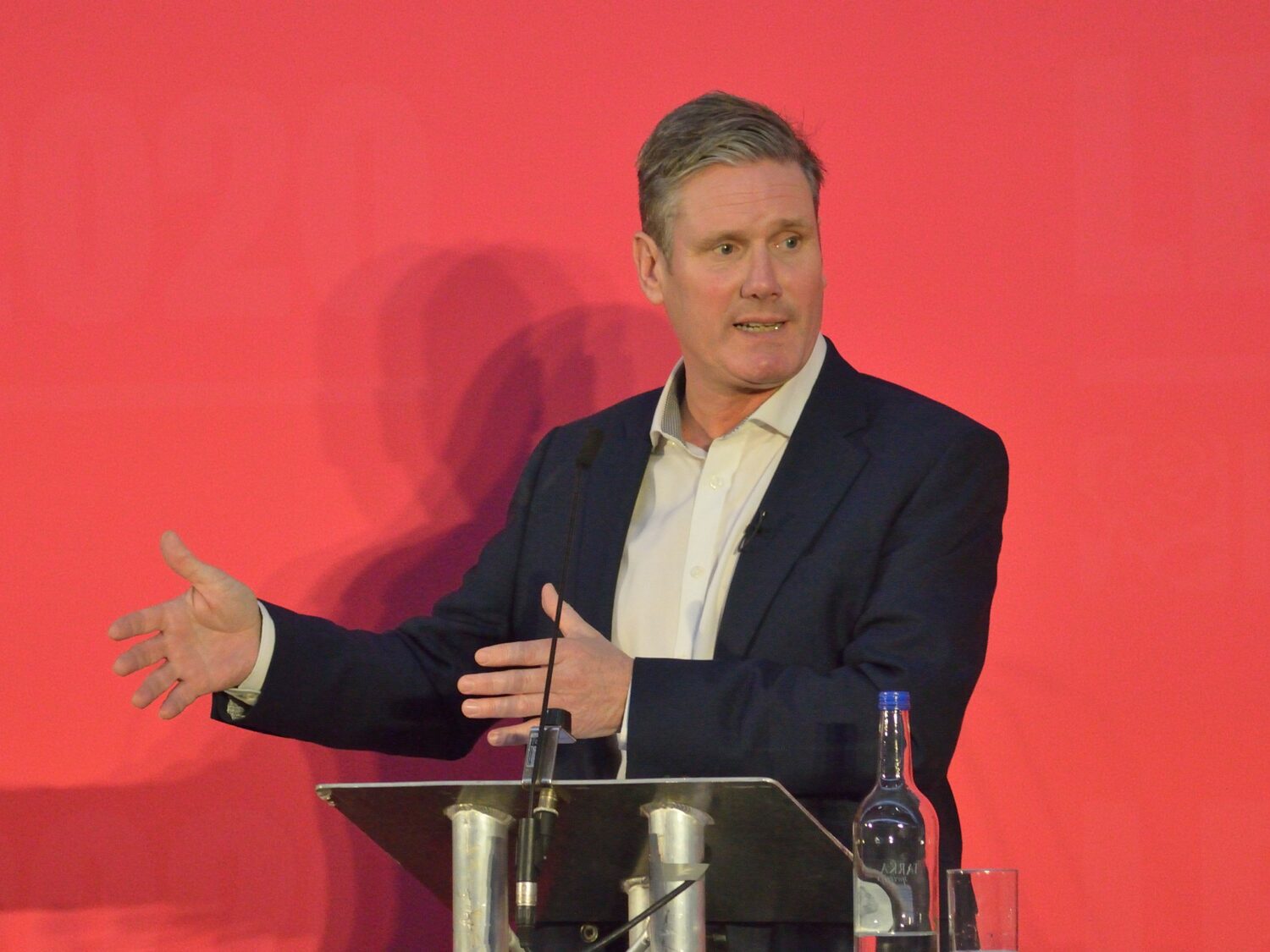The voice of the people
Does opinion polling have too big a role in shaping Labour policy? Chris Curtis argues that it is right to listen to the public
Having worked in polling for nearly a decade, I am familiar with the criticism our work has faced, mainly concerning accuracy following the polling errors in the 2015 election and the EU referendum. Around the mid-2010s, some even spoke of the ‘death of polling’, a refrain which we heard again following a surprisingly strong Democrat performance in the 2022 US midterm elections.
This crisis is overblown. Apart from anything, such discussion obscures the variety of performances across the sector. My agency, Opinium, has been more accurate than most: we correctly predicted that the UK was going to vote Leave in 2016, and called every party’s vote share correctly in the 2019 election apart from the Greens’, which we overstated by 1 per cent. Last year, we also accurately predicted that Liz Truss would storm to victory among Conservative party members, producing a more accurate projection than all our competitors.
There are, though, more fundamental criticisms of polling. For some, the problem with opinion polls is not their accuracy, but rather their impact on our politics. Tony Benn, the veteran left-wing MP, was particularly vocal: “I did not enter the Labour party 47 years ago to have our manifesto written by Dr Mori, Dr Gallup and Mr Harris.”
In response to such criticisms, we must remember what polling is for. It is not solely about how people will vote in a general election. Such research is important, but most of the work we do is about trying to understand the problems people are facing, the causes of those issues, their barriers to success, and what can be done so that everyone’s life can be happier and more fulfilled.
An early example of this type of work was conducted at the turn of the 20th century by Seebohm Rowntree, founder of the York branch of the Fabian Society. After visiting every working-class household in York, his findings showed that more than a quarter of families were living in poverty, mostly caused by structural factors such as low wages and insecure work. This challenged the widely held view at the time that the poor were responsible for their own plight.
The methodologies we use have changed dramatically since then, but our aim remains the same: to better understand the country we live in. This often involves challenging the misconceptions of those in power and listening to the voices of those who are frequently ignored. Of course, we should also be trying to make those in power more representative of the country, so that a wider range of voices feed directly into our decision-making process. But the complexities of a diverse country like the UK will never be fully captured by 650 parliamentarians.
How many MPs, for example, are private tenants? Last year, I worked with the Renters Reform Coalition on a project to better understand the issues renters face in the private sector. It showed the negative impacts that low quality housing and rising rents was having on tenants’ quality of life, as well as wide support for a range of pro-tenant policies. Or consider Opinium’s annual Multicultural Britain survey, which seeks to better understand the views and life experiences of minority ethnic Britons.
Of course, politics isn’t about documenting people’s problems, but about fixing them. It is here that Tony Benn might have more of a point. Henry Ford, when asked about the development of his namesake car, quipped: “If I had asked people what they wanted, they would have said faster horses.” People know the issues they face, but they do not necessarily know what the best solutions are. Most do not have the time – or indeed the will – to become experts in all areas of policy.
This is why political parties will always have a leadership role in developing well-thought-out, innovative policy solutions. For example, take the minimum wage, now an accepted part of UK labour policy. If you had asked voters in 1990 how low pay could be addressed, few would have suggested a pay floor. It took years of campaigning – first under Neil Kinnock, but especially during the Blair leadership – to cement the minimum wage as a sensible policy in the public consciousness.
The left must remember, though, that even here polling has a role to play: finding the most effective way to promote solutions to voters. The right employs polls and focus groups to sell ideas that divide and hold back our country; it would be a dereliction of duty for us not to use these same techniques to promote policies that unite Britain and take our country forward.
As a social democrat, I have dedicated my career to providing accurate data on what the country thinks, feels, and does. In the fight to change this country for the better, we need not fear Mr Harris and Dr Mori – quite the opposite; social research and opinion polls are some of the best tools we have to ensure that our policy platform addresses the most pressing issues in people’s lives.
Image credit: Rwendland, CC BY-SA 4.0 via Wikimedia Commons

